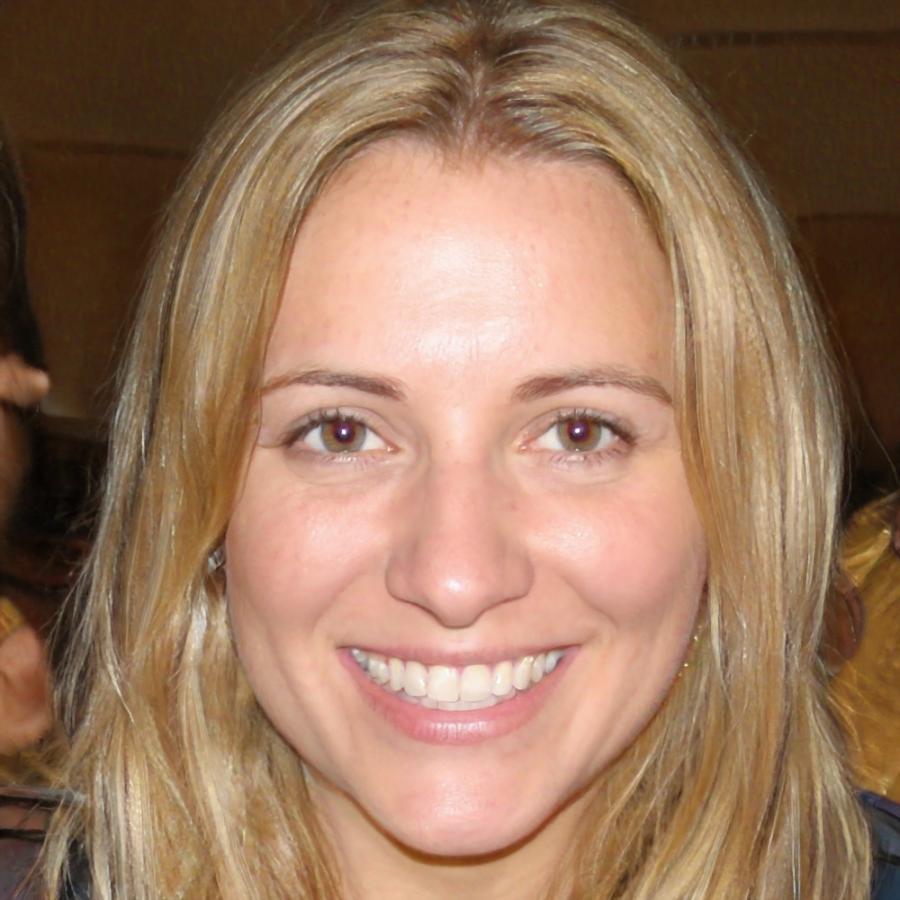Build Your Budget Mastery Skills
You know that feeling when expenses spiral and you're not sure where the money went? Our program walks you through creating budgets that actually work for real businesses. We start with the fundamentals and build up to comprehensive master budgets.
Start Your Journey
What You'll Actually Learn
These aren't generic lectures. Each module focuses on practical skills you can apply immediately.
Operating Budget Construction
Learn how to forecast sales, plan production schedules, and calculate direct materials needs. We cover labor costs, overhead allocation, and expense projections using real business scenarios.
Financial Projections
Build projected income statements, balance sheets, and cash flow statements. You'll understand how different budget components connect and affect overall financial health.
Variance Analysis
Once budgets are in place, the real work begins. We teach you how to compare actual results against budgets, identify significant variances, and adjust plans accordingly.
Capital Budgeting Basics
Evaluate long-term investment opportunities using NPV, IRR, and payback period methods. Make informed decisions about equipment purchases and facility expansions.
Rolling Forecasts
Static annual budgets don't reflect reality. Discover how to maintain continuously updated forecasts that help businesses adapt to changing market conditions and opportunities.
Collaborative Planning
Budgeting involves multiple departments. Learn techniques for gathering input from sales, operations, and other teams to create realistic, achievable financial plans.
Your Learning Path
Programs start in September 2025 and run for eight months. Each phase builds on previous concepts.
Months 1-2
Foundation Concepts
We start with accounting fundamentals and financial statement relationships. You'll understand cost behavior, contribution margins, and break-even analysis before moving forward.
Months 3-4
Operating Budget Components
Here's where it gets practical. Build sales budgets, production schedules, materials requirements, and labor plans. Each component connects to create a comprehensive operating budget.
Months 5-6
Financial Statements & Cash Planning
Transform your operating budget into projected financial statements. Learn cash flow management, including timing of receipts and payments, to avoid liquidity problems.
Months 7-8
Analysis & Advanced Topics
Final months focus on budget variance analysis, performance metrics, and capital investment decisions. You'll complete a capstone project building a full master budget.
What Participants Say
"Before this program, I struggled with connecting different budget pieces. The step-by-step approach helped me see how sales forecasts impact production needs, which affect cash requirements. Now I can build complete budgets with confidence."
"The variance analysis section was eye-opening. I learned to spot meaningful differences between actual and budgeted figures, not just calculate them. That skill has been incredibly useful in my current role."


